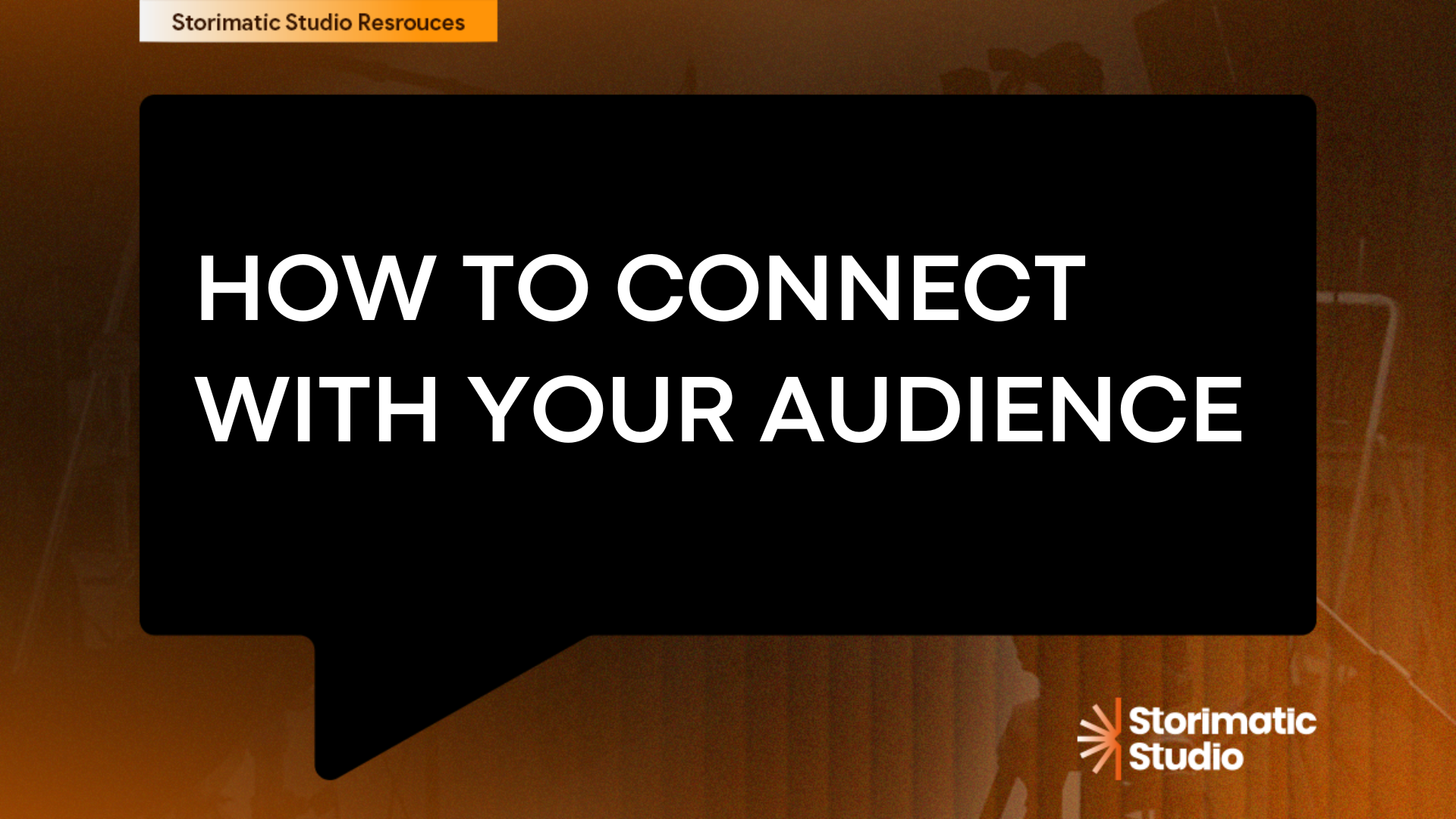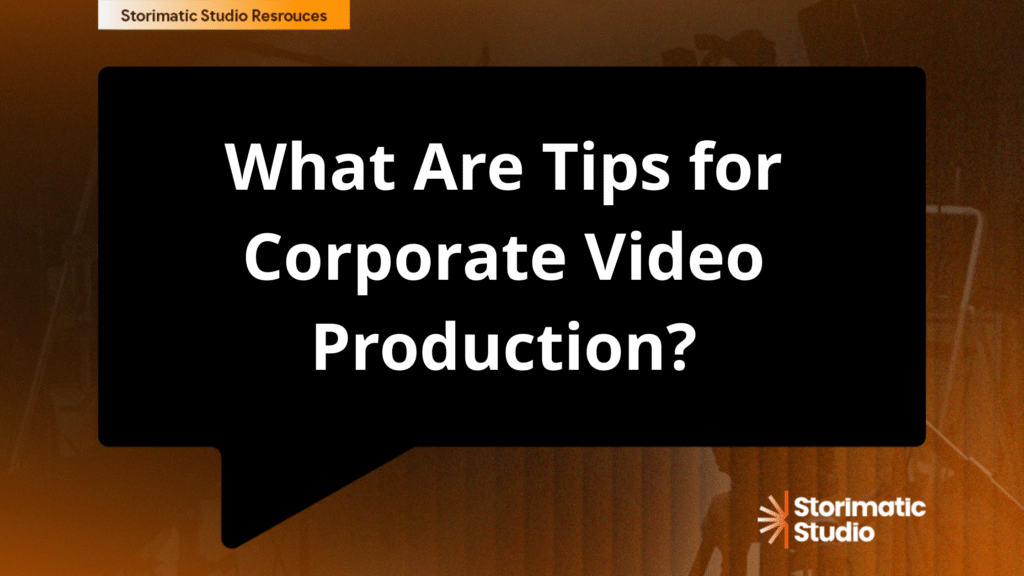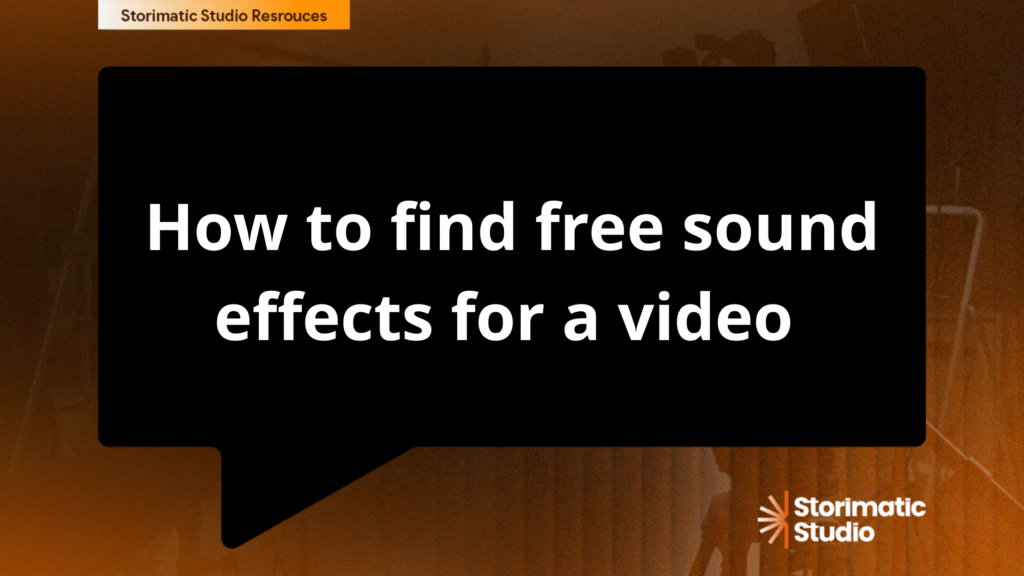In an era where consumers crave authentic connections with brands, traditional advertising methods often fall short. Today’s audiences don’t just buy products; they buy into stories, values, and experiences. Brand story videos have emerged as a powerful tool to bridge this gap, creating emotional connections that transform casual viewers into loyal advocates. Research shows that 92% of consumers want brands to make ads that feel like stories, and companies using storytelling in their marketing see 30% higher conversion rates.
What Are Brand Story Videos?
Brand story videos are narrative-driven content pieces that communicate a company’s values, mission, and personality through compelling storytelling. Unlike traditional promotional videos, brand stories focus on emotional connection rather than product features, weaving together elements of history, purpose, and human experience to create meaningful relationships with audiences.
Key Elements of Brand Story Videos
- Authentic Narrative: Real stories about real people and genuine experiences
- Emotional Resonance: Content that touches hearts and creates lasting impressions
- Clear Values: Demonstration of what the brand stands for beyond profits
- Human Connection: Relatable characters and situations that viewers identify with
- Visual Storytelling: Cinematic quality that enhances the narrative impact
Why Brand Story Videos Matter
1. Building Emotional Connections
Emotional connections drive 85% of purchasing decisions. Brand story videos tap into viewers’ emotions, creating bonds that transcend transactional relationships. When audiences feel emotionally invested in your brand’s journey, they become more than customers – they become advocates.
2. Differentiating from Competitors
In crowded markets where products often seem interchangeable, your story becomes your unique selling proposition. While competitors can copy features, they cannot replicate your authentic narrative, making brand stories a powerful differentiation tool.
3. Increasing Brand Trust and Loyalty
Transparency and authenticity build trust. By sharing your brand’s journey, challenges, and triumphs, you humanize your company and create reliability. Studies show that 86% of consumers say authenticity is important when deciding which brands to support.
4. Improving Customer Retention
Customers who connect with brand stories show 70% higher retention rates. When people understand and align with your values, they’re more likely to remain loyal even when faced with competitive alternatives.
5. Enhancing Social Media Engagement
Story-driven content generates 300% more engagement on social media platforms. Brand stories are inherently shareable because they resonate on a personal level, encouraging viewers to spread your message organically.
Types of Brand Story Videos
Origin Stories
These videos chronicle how your company began, highlighting:
- The founder’s inspiration and journey
- Initial challenges and breakthroughs
- Evolution from concept to reality
- Key milestones and turning points
Mission-Driven Stories
Focus on your brand’s purpose and impact:
- Social or environmental initiatives
- Community involvement
- How you’re making a difference
- Future vision and goals
Customer Success Stories
Showcase real customer experiences:
- Transformation stories
- Problem-solving narratives
- Long-term relationships
- Impact on customers’ lives
Behind-the-Scenes Stories
Reveal the human side of your operations:
- Day-in-the-life of employees
- Production processes
- Company culture
- Team celebrations and milestones
Values-Based Stories
Demonstrate your brand principles in action:
- Ethical business practices
- Sustainability efforts
- Diversity and inclusion initiatives
- Corporate responsibility
How to Create Compelling Brand Story Videos: A Step-by-Step Guide
Step 1: Define Your Core Message and Audience
Begin by clarifying:
- What central message you want to convey
- Which emotions you aim to evoke
- Who your target audience is
- What action you want viewers to take
Understanding your audience’s values, aspirations, and pain points helps you craft stories that genuinely resonate with them.
Step 2: Identify Your Unique Brand Narrative
Discover what makes your story worth telling:
- Interview founders and long-time employees
- Document pivotal moments in company history
- Collect customer testimonials and feedback
- Identify challenges you’ve overcome
- Highlight what sets you apart from competitors
Step 3: Structure Your Story Arc
Follow classic storytelling principles:
- Setup: Introduce characters and context
- Conflict: Present challenges or problems
- Rising Action: Show the journey toward resolution
- Climax: Reveal the turning point
- Resolution: Demonstrate outcomes and transformation
Step 4: Develop Authentic Characters
Whether featuring founders, employees, or customers:
- Choose relatable protagonists
- Show vulnerability and humanity
- Highlight personal motivations
- Allow natural personalities to shine through
- Avoid overly polished or scripted presentations
Step 5: Write a Compelling Script
Create a narrative that:
- Starts with a strong hook
- Maintains emotional engagement throughout
- Uses conversational, authentic language
- Balances information with emotion
- Includes specific details and examples
- Ends with a clear message or call to action
Step 6: Plan Visual Storytelling
Design shots that enhance your narrative:
- Establish mood through lighting and color
- Use close-ups for emotional moments
- Include b-roll footage for context
- Incorporate archival materials when relevant
- Plan dynamic camera movements
- Consider symbolic visual elements
Step 7: Capture Authentic Footage
During production:
- Create a comfortable environment for subjects
- Encourage natural conversations
- Capture candid moments
- Film in real locations when possible
- Include multiple perspectives
- Document genuine reactions and emotions
Step 8: Craft the Narrative in Post-Production
During editing:
- Pace the story for maximum impact
- Balance dialogue with visual storytelling
- Use music to enhance emotional moments
- Include natural sound for authenticity
- Create smooth transitions between scenes
- Maintain focus on core message
Step 9: Add Finishing Touches
Polish your video with:
- Color grading for consistent look
- Professional sound mixing
- Subtle graphics or text overlays
- Brand elements (logo, colors)
- Captions for accessibility
- Multiple format versions
Step 10: Develop a Distribution Strategy
Maximize your video’s reach:
- Share across all brand channels
- Create platform-specific versions
- Engage employees as brand ambassadors
- Reach out to media and influencers
- Incorporate into email campaigns
- Feature prominently on website
Best Practices for Brand Story Videos
Keep It Authentic
Audiences can detect insincerity. Focus on genuine stories and real emotions rather than manufactured narratives. Let imperfections show – they make your brand more relatable.
Show, Don’t Just Tell
Use visual storytelling to demonstrate your values in action. Instead of claiming you care about quality, show your craftspeople meticulously creating products.
Focus on People, Not Products
While your products may appear in the video, they shouldn’t be the focus. Center your narrative on human experiences and relationships.
Maintain Consistent Brand Voice
Ensure your story aligns with your overall brand personality. A playful brand should tell lighthearted stories, while a professional B2B company might focus on industry leadership.
Keep It Concise Yet Complete
Aim for 2-3 minutes for most brand stories. Long enough to develop emotional connection, short enough to maintain attention.
Include a Subtle Call to Action
Rather than aggressive selling, invite viewers to learn more, join your community, or share your values.
Measuring Brand Story Video Success
Track both quantitative and qualitative metrics:
Engagement Metrics
- View duration and completion rates
- Shares, comments, and reactions
- Click-through rates
- Website traffic from video
Brand Impact Metrics
- Brand sentiment analysis
- Social media mentions
- Brand recall surveys
- Customer feedback
Business Metrics
- Lead generation
- Conversion rates
- Customer lifetime value
- Brand loyalty indicators
Common Pitfalls to Avoid
- Over-Promotion: Focusing too heavily on products rather than story
- Lack of Authenticity: Creating overly polished or unrealistic narratives
- Ignoring Audience Needs: Telling stories that don’t resonate with viewers
- Poor Production Quality: Undermining your message with amateur execution
- Inconsistent Messaging: Contradicting your brand values or voice
- Missing Emotional Connection: Failing to evoke feelings or create empathy
Emerging Trends in Brand Storytelling
Interactive Storytelling
Allowing viewers to choose their path through your brand narrative, creating personalized experiences that deepen engagement.
User-Generated Stories
Incorporating customer-created content into your brand narrative, building community and authenticity.
360-Degree Video Experiences
Immersive storytelling that allows viewers to explore your brand world from every angle.
Mini-Documentary Series
Extended storytelling across multiple episodes, building deeper connections over time.
Live Streaming Stories
Real-time brand storytelling that creates immediacy and authenticity.
Augmented Reality Integration
Blending physical and digital storytelling for innovative brand experiences.
The Psychology Behind Effective Brand Stories
Understanding why stories work helps create more impactful content:
- Mirror Neurons: Viewers experience emotions as if living the story themselves
- Oxytocin Release: Emotional stories trigger this “trust hormone”
- Memory Formation: Stories are 22 times more memorable than facts alone
- Pattern Recognition: Humans naturally seek narrative patterns
- Social Proof: Seeing others’ experiences validates brand claims
Conclusion
Brand story videos represent a fundamental shift in how companies connect with their audiences. In a world saturated with advertising messages, authentic storytelling cuts through the noise to create meaningful relationships that drive business success. By sharing your journey, values, and vision through compelling narratives, you transform your brand from a mere provider of products or services into a trusted partner in your customers’ lives.
The power of brand storytelling lies not in perfection but in authenticity – in showing the human side of your business and inviting audiences to become part of your ongoing narrative. When done right, brand story videos don’t just tell people what you do; they show them why you matter.
For businesses ready to harness the transformative power of brand storytelling, working with experienced professionals can elevate your narrative from good to unforgettable. Storimatic Studio specializes in crafting authentic brand story videos that resonate deeply with audiences. Their team of creative storytellers, videographers, and strategists work closely with brands to uncover their unique narratives and transform them into cinematic experiences that forge lasting emotional connections. Whether you’re sharing your origin story, showcasing your values in action, or highlighting customer success stories, Storimatic Studio brings the expertise and artistic vision needed to ensure your brand story not only gets told but gets remembered, shared, and celebrated by the audiences that matter most to your business.




